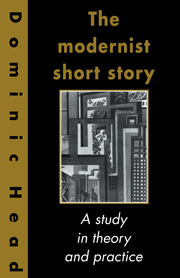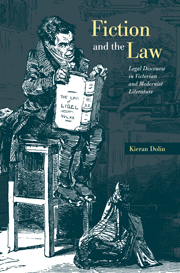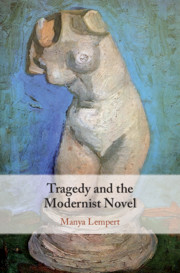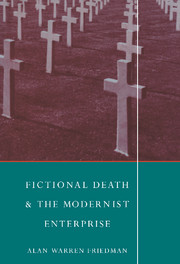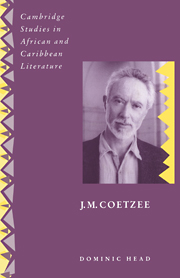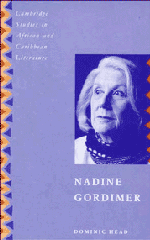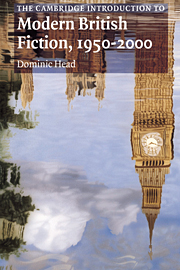The Modernist Short Story
The modernist period saw a revolution in fictional practice, most famously in the work of novelists such as Joyce and Woolf. Dominic Head shows that the short story, with its particular stress on literary artifice, was a central site for modernist innovation. Working against a conventional approach and towards a more rigourous and sophisticated theory of the genre, using a framework drawn from Althusser and Bakhtin, he examines the short story's range of formal effects, such as the disunifying function of ellipsis and ambiguity. Separate chapters on Joyce, Woolf and Katherine Mansfield highlight their strategies of formal dissonance, involving a conflict of voices within the narrative. Finally, Dominic Head's challenging conclusion takes the implications of his study into the age of postmodernism.
Product details
March 2011Adobe eBook Reader
9780511879784
0 pages
0kg
This ISBN is for an eBook version which is distributed on our behalf by a third party.
Table of Contents
- Preface
- Acknowledgements
- 1. The short story: theories and definitions
- 2. James Joyce: the non-epiphany principle
- 3. Virginia Woolf: experiments in genre
- 4. Katherine Mansfield: the impersonal short story
- 5. Wyndham Lewis: the Vorticist short story
- 6. Malcolm Lowry: expanding circles
- 7. Conclusion: contemporary issues
- Notes
- Bibliography
- Index.

